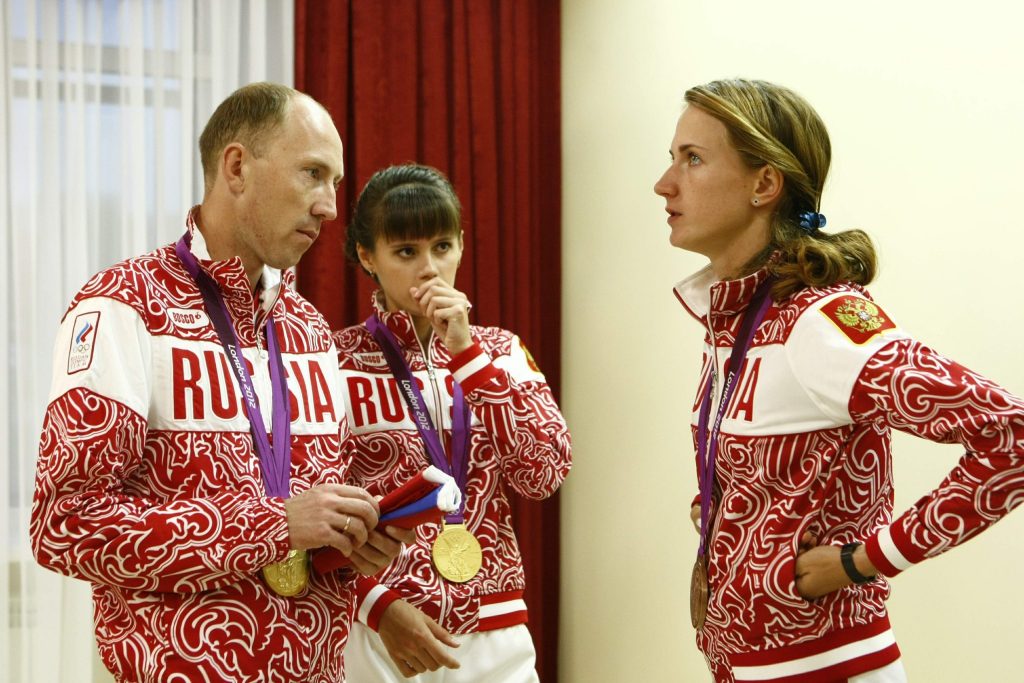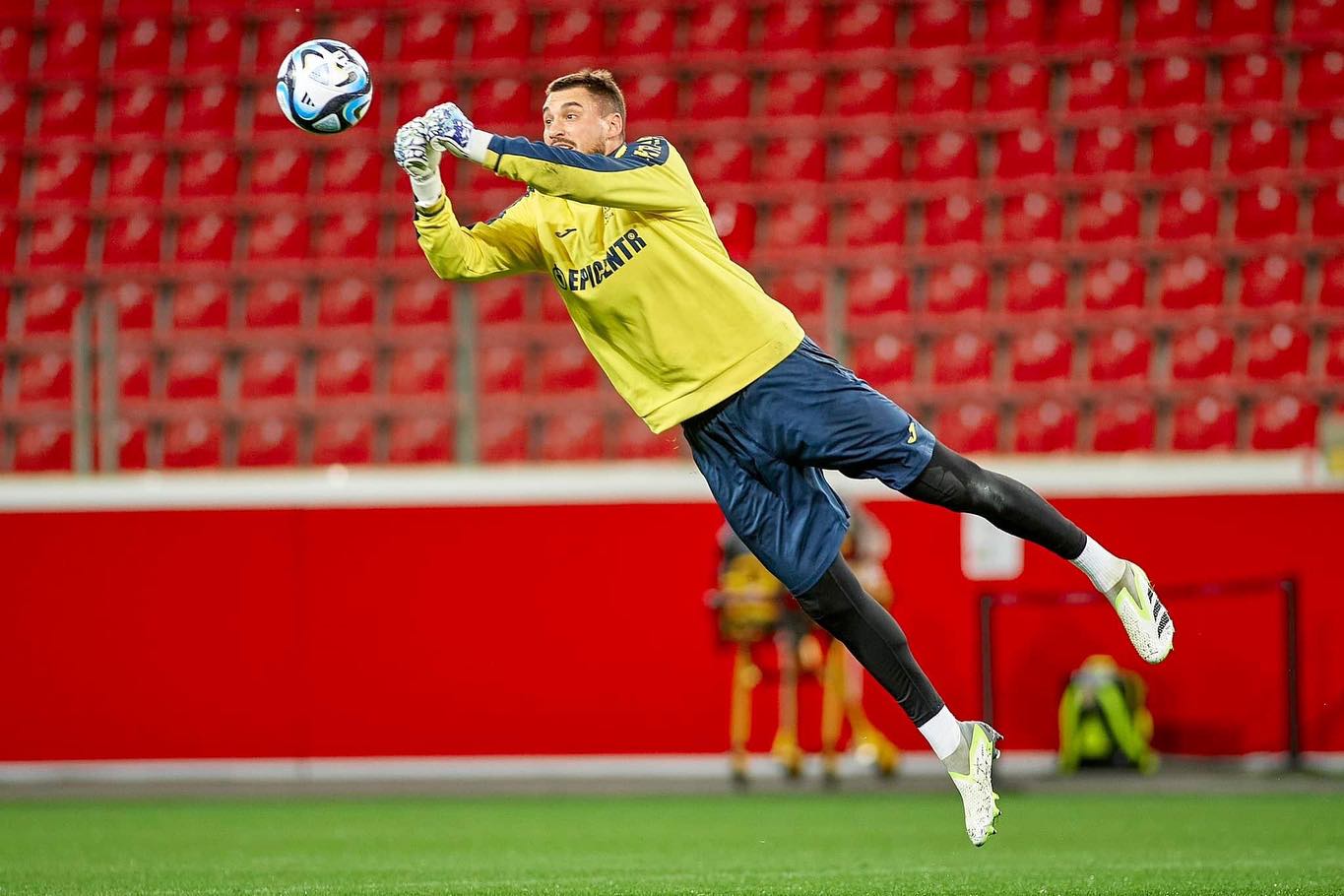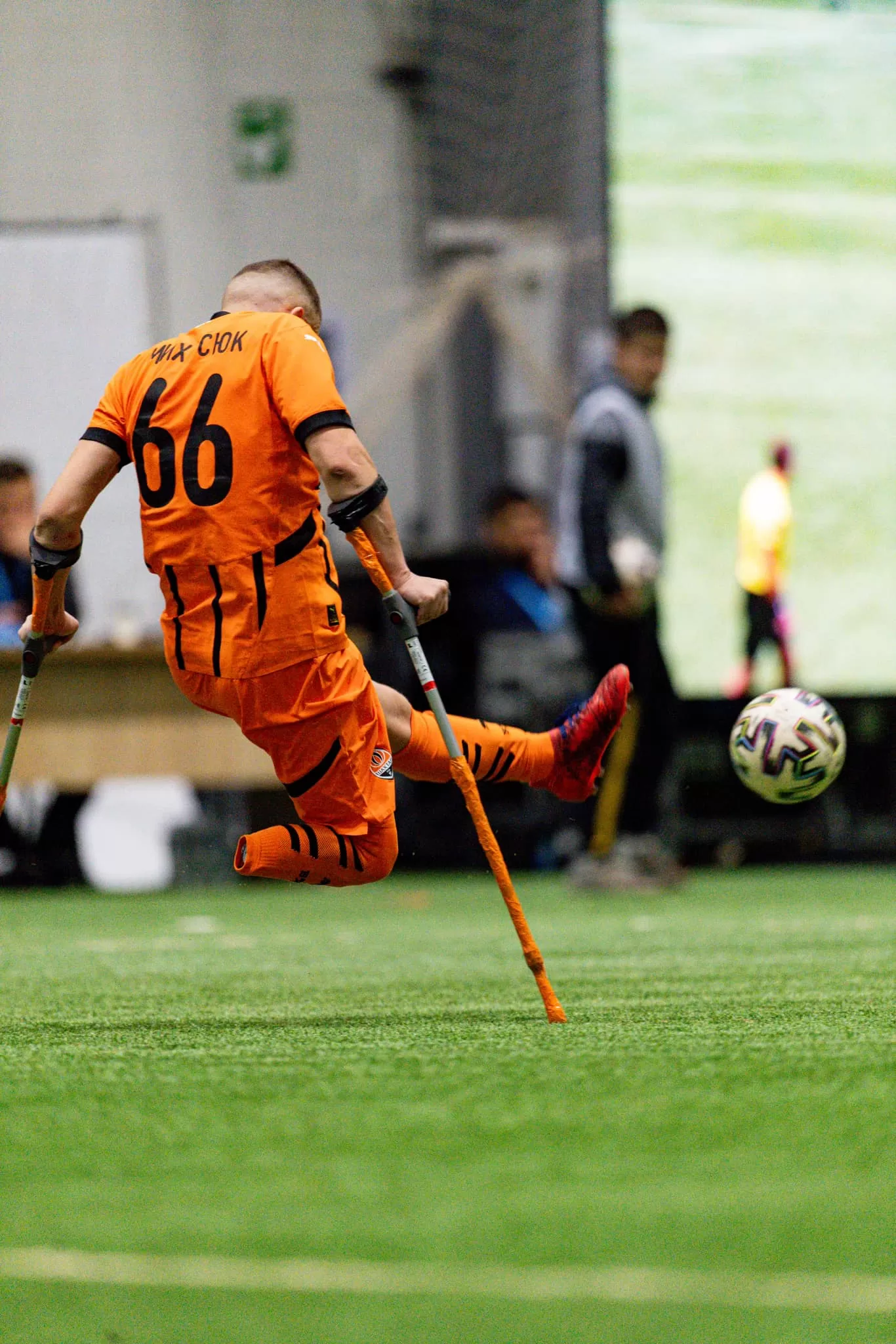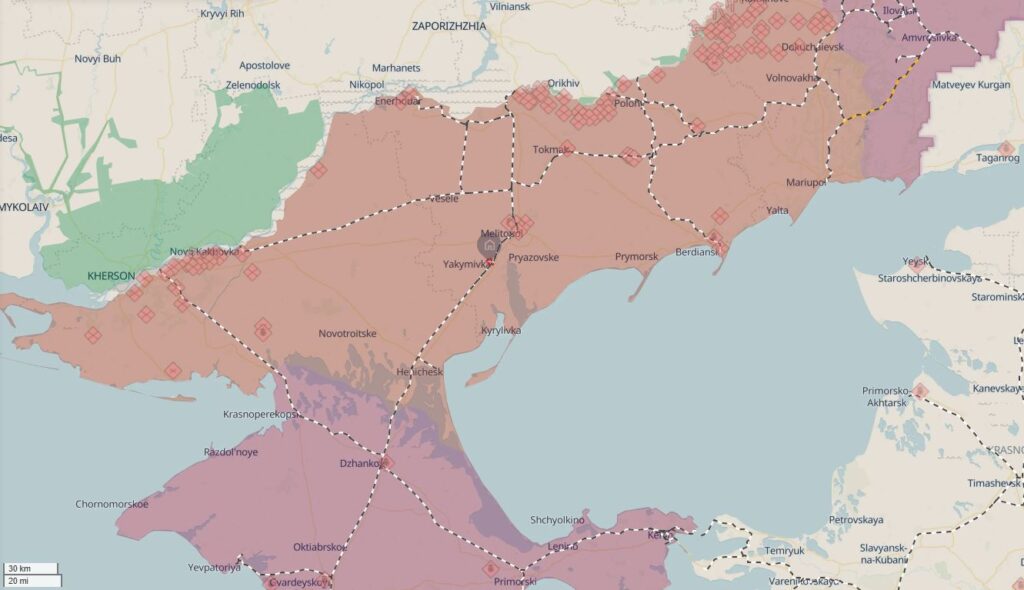Putin’s “neutral” athletes cheer Russia’s atrocities in Ukraine — but FIFA can’t wait to get them back

Now Is Not the Time to Lift Ban on Russian Athletes
When Russia launched its full-scale invasion of Ukraine in February 2022, the international community came together to impose stiff penalties on Russia to punish it for the war.
Numerous countries sanctioned Russian government officials, businesses, and oligarchs for supporting Russia’s war. Hundreds of Russian government officials had their visas suspended, and billions of dollars of Russian assets were frozen or seized.
The sports community also joined the global call to punish Russia for its war. FIFA and UEFA, two of world football’s largest governing bodies, suspended the Russian men’s and women’s national teams from participating in international competitions. Russian football clubs were also prevented from participating in various international tournaments.
Meanwhile, the International Olympic Committee barred Russian teams from competing in future Olympic competitions. Several other sporting organizations imposed bans on Russian athletes and Russian teams, such as World Rugby, the International Tennis Federation, and others, also banned Russian athletes from participating in international competitions, citing Russia’s full-scale invasion.
Numerous groups also implemented similar bans on Belarusian athletes, given the Belarusian government’s decision to aid Russia during the war.
As a result of these sports bans, the Russian Federation lost billions of dollars in revenue. Television rights were lost, and Russian teams did not travel to various competitions.Despite these punishments, Russia has continued its full-scale invasion. To date, one-fourth of Ukraine’s population remains displaced. Numerous cities and villages have been destroyed, and tens of thousands of Ukrainians have been killed by Russian forces. Despite this devastation and destruction, Russia’s ongoing invasion continues without an apparent end.
Other sporting communities soon followed. In July 2023, the International Gymnastics Federation lifted its ban on Russian and Belarusian gymnasts. Then, in 2024, World Aquatics and the International Tennis Federation eased restrictions on Russian athletes, allowing them to compete in events as neutral participants.
The International Olympic Committee adopted a similar stance during the 2024 Olympic Games, where Russian and Belarusian athletes participated as neutrals. Most recently, World Kickboxing lifted its ban on Russian fighters in February 2025, allowing them to compete in their events.
Even FIFA has recently reconsidered its ban on Russian athletes. During the UEFA Congress in April, FIFA President Gianni Infantino stated that he hoped Russia would be reintroduced into the football community “soon.”
FIFA was one of the first organizations to condemn Russia’s full-scale invasion of Ukraine, and it quickly imposed penalties on Russian athletes and football teams. It is, therefore, shocking that world football’s governing body is considering this new course of action.
The recent decisions made by these international sports organizations are troubling. First, it rewards the behavior of those who have participated in Russia’s war.
According to Global Rights Compliance, a human rights group, dozens of Russian athletes have openly shown their support for the Russian Federation’s invasion of Ukraine. In their findings, many Russian athletes have used their social media accounts and other platforms to support Russia’s actions during the war in Ukraine.
Furthermore, several Russian athletes who competed at numerous international tournaments as neutral participants have had ties to the Russian military, where several of these individuals received awards from the Russian government for their involvement in the Russian invasion of Ukraine.
In other words, easing restrictions on Russian athletes indirectly supports the atrocities committed by the Russian Federation in its war in Ukraine.
Third, lifting bans on Russian sportsmen and women would risk normalizing Russia’s war. Upholding a ban on Russian athletes would send a clear message, stating that the globe condemns Russia’s ongoing invasion of Ukraine, and that matters will only be improved if Russia ends its war.
Easing these penalties while Russia’s behavior remains unchanged, however, would suggest that the globe is ready to move on from the war.This would be a political victory for Russia, where the Russian Federation would use these events to further advance its messaging about its invasion of Ukraine.
It would also signal to other authoritarian rulers around the world that the international community is unable to hold governments accountable for breaking international rules and norms.
The Russian Federation should not be rewarded for its ongoing invasion of Ukraine. International organizations should continue to uphold their sanctions and bans on the Russian Federation until it ends its illegal and unprovoked invasion of Ukraine.
Easing restrictions would suggest that a country can willingly invade its neighbor without consequence. It would also imply that the international community condones Russia’s behavior in Ukraine — and render international law meaningless.
It is not to late to continue pressuring Russia for its ongoing invasion of Ukraine. The international sports community must maintain its ban on Russian athletes.
Editor’s note. The opinions expressed in our Opinion section belong to their authors. Euromaidan Press’ editorial team may or may not share them.
Submit an opinion to Euromaidan Press








